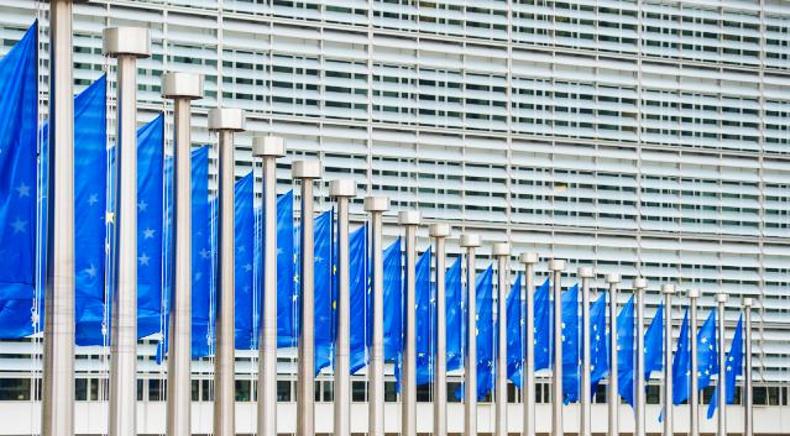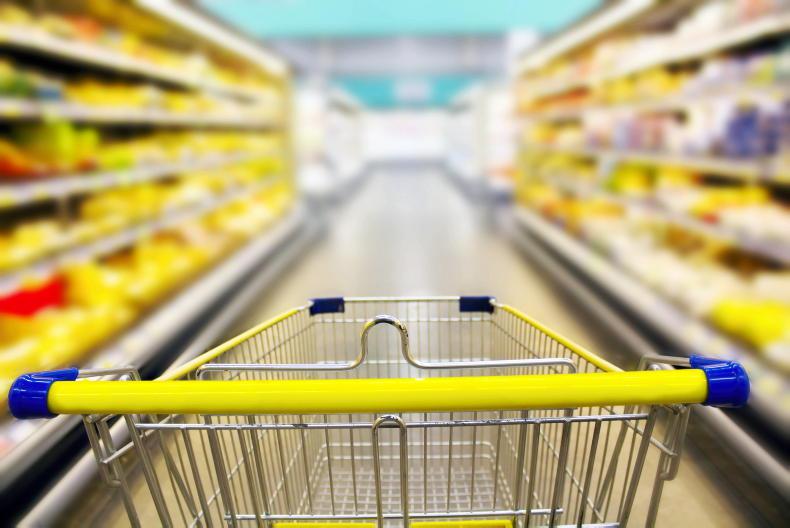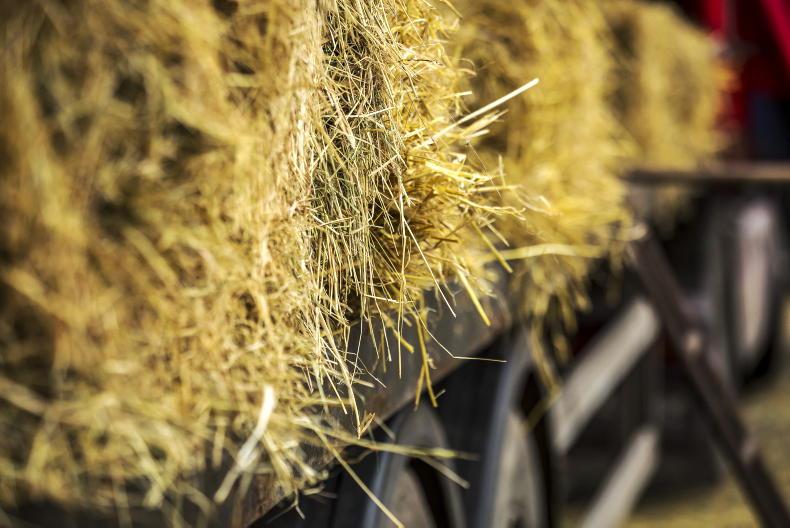The EU’s chief Brexit negotiator Michel Barnier will make a likely final visit to the UK as an EU member on Monday when he delivers the Bill Clinton lecture in Queen’s University Belfast.
Coming as it does in the week the UK departs the EU, it will be closely watched for clues on how the EU will approach the negotiation of a future trading relationship between the UK and EU.
The fact that the UK will no longer be part of the EU by this time next weekend has attracted little attention, with the news focus on the Irish general election and the restoration of the Stormont assembly in the North.
However, the wellbeing of farmers either side of the Irish border hinges on what long-term arrangement the UK and EU27 arrive at to take effect at the end of 2020.
The reason that there is little attention given to the formal Brexit date is that the UK will enter a transition arrangement for the rest of this year because of the withdrawal agreement which completed its approval process in London and Brussels this week.
Future trading arrangement
This period of transition is to allow the EU and UK to negotiate a future trading relationship. Northern Ireland is already taken care of by the Irish protocol in the withdrawal agreement, whereby it will remain aligned to EU standards and while part of the UK customs region, will collect tariffs on behalf of the EU where required for product transiting from Britain through Northern Ireland to the Republic of Ireland, which of course is within the EU itself.
At this point, there is great uncertainty as to the level of checking that will be required for goods in transit between Northern Ireland and Britain, as well as the other way.
It cannot be as seamless as membership of the single market was, but the level of checking required will depend on the extent of the trade agreement and divergence of the UK from EU rules. The bigger the divide, the greater the border checks that will be required.
Farmers' interests
Farmers' interests either in Ireland or the UK are best served by the closest possible relationship between the UK and EU in the longer term.
Adherence by the UK to EU production standards and tariffs would keep a barrier in place to a flood of imports, particularly of beef from the cheapest production areas of the world. If this was to happen, it would devalue the UK market for Irish and UK farmers alike.
No doubt, Michel Barnier will highlight the value of the Irish protocol in preventing a physical border to trade on the island of Ireland. This has validity, because northern milk and lambs will be able to keep moving south because of it and Irish cattle and pigs will still be able to come north irrespective of how the negotiation goes between the EU and UK after Brexit.
However, for both parts of Ireland, the main market is the UK and it is access to this market that matters most from a commercial perspective.
The real action starts in a few weeks when the UK and EU start negotiations proper, parallel to the UK negotiating with the USA.
It is this negotiation that farmers either in the UK or Ireland need to watch closely, because the closer the UK are to the US, the bigger the threat of imports to farmers.









SHARING OPTIONS